Infleqtion announced the next phase of its quantum computing program: Sqorpius, the world’s largest qubit array, comprising 1600 qubits. This new initiative encompasses substantial investments in both hardware and software and is dedicated to creating error-corrected logical qubits tailored for commercial applications.
Alongside the announcement of Sqorpius, Infleqtion revealed significant milestones in gate fidelity, qubit array scaling, and development of its quantum error-correction system. Notably, the company celebrated a major milestone by unveiling the world’s largest qubit array, comprising 1600 qubits. These achievements signal progress towards the company’s overarching goal of delivering fault-tolerant quantum computers within the next five years, paving the way for genuine commercial advantage.
To achieve this goal, Infleqtion highlighted plans to develop a fully error-corrected, commercially valuable quantum computer with 100 logical qubits, capable of executing circuits of depth above 1 million. This computer will unlock a wide range of commercial opportunities in material science, energy, and machine learning. In addition to hardware advancements, Infleqtion emphasized the pivotal role of its flagship quantum software platform, Superstaq, in optimizing and accelerating performance across its product lineup.
Infleqtion can put 100k to millions of atoms into single arrays before separate networked devices will be needed.
Infleqtion Positioning, Navigation, and Timing
Today’s navigation and security tools rely on GPS technology, which utilizes satellite data. Infleqtion’s atomic clocks solve for situations where GPS-timing is not reliable or available. Our atomic clocks will surpass state-of-the-art performance while achieving a smaller form factor, less power consumption, and lower costs.
Next-Generation Atomic Clocks
Quantum sensing technology and next-generation atomic clocks have emerged as an upgrade path for achieving high-precision, resilient navigation in challenging environments where GPS is unavailable or susceptible to spoofing/denial attacks.
The global timing standard is currently based on the ground-state microwave transition of the Cesium-133 atom. Next Generation atomic clocks are based on optical transitions, which tick over 10,000 times faster, providing a more precise source of time for navigation.
Adopting optical clock technology in national timescales and next-generation GNSS constellations will enable global sub-nanosecond synchronization and millimeter-level positioning.
Infleqtion Quantum RF
Quantum radio frequency (QRF) accesses the frequency spectrum like never before. It has vast implications for the telecom and mobile industry. Infleqtion is accessing the RF spectrum at a world record pace and is currently developing QRF technology that will allow us to see farther, faster.
Tiqker
Tiqker provides hydrogen maser-like short-term performance in a much lower size, weight, and power package, with Cs-Beam-like holdover up to 7 days.
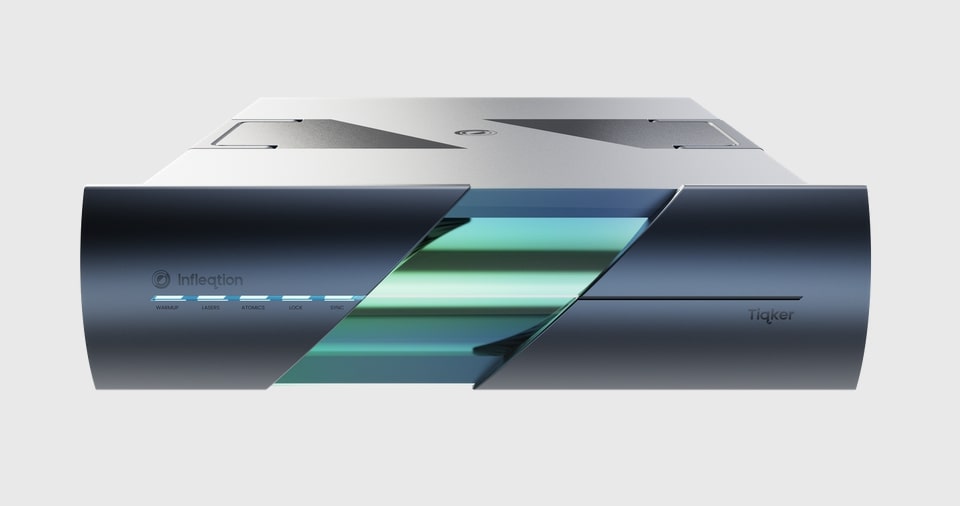
Infleqtion is building upon its decades-long expertise in quantum technology to revolutionize timing in terms of precision, size, and robustness. Tiqker is an atomic frequency reference that addresses national security challenges related to the increasing complexity of receiving accurate time standards from satellite networks and the demand for higher-performance precision time protocols needed for telecommunications, data centers, financial transaction tracking, metrology, logistics, and defense. Tiqker focuses on industrial applications with a standard rack form factor, allowing an easy upgrade from current equipment.



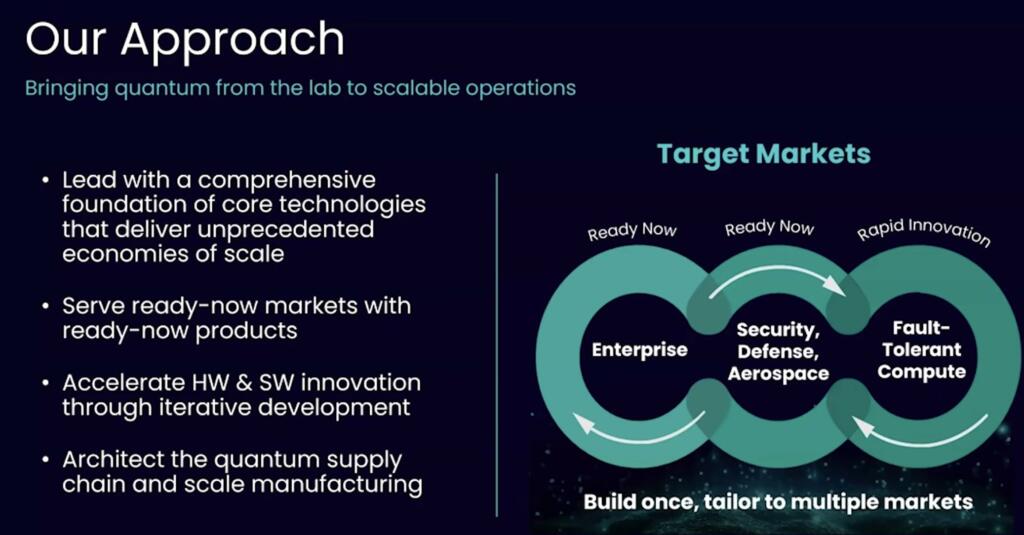

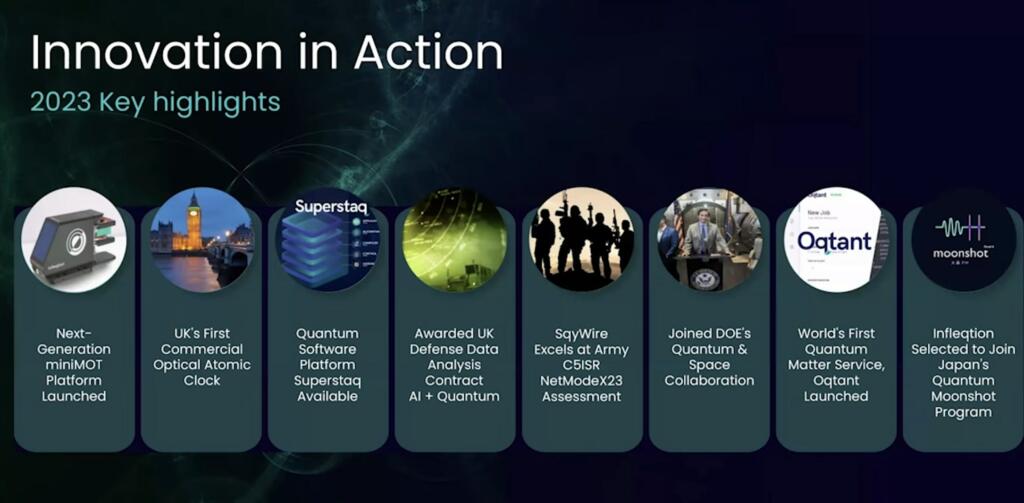


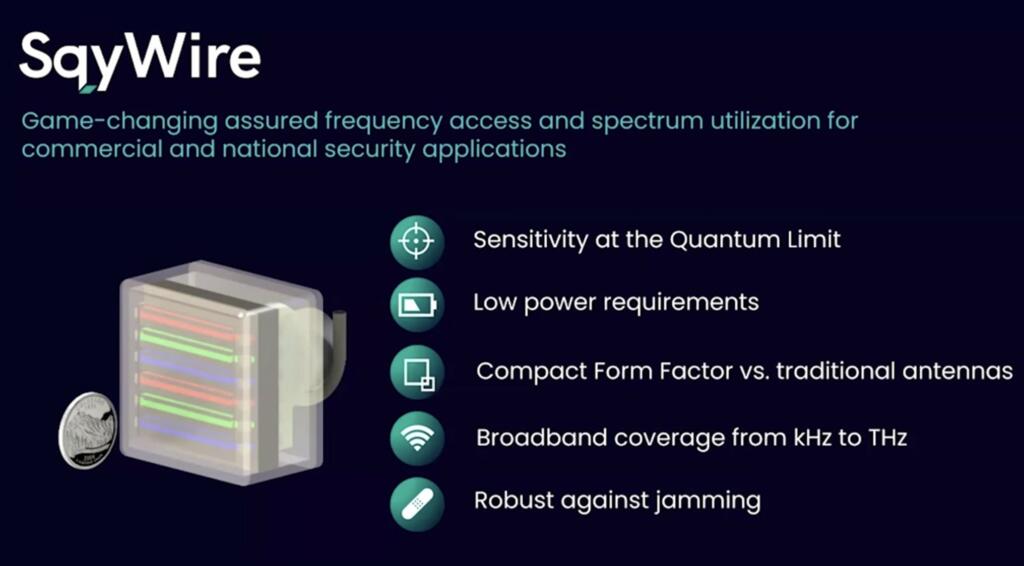

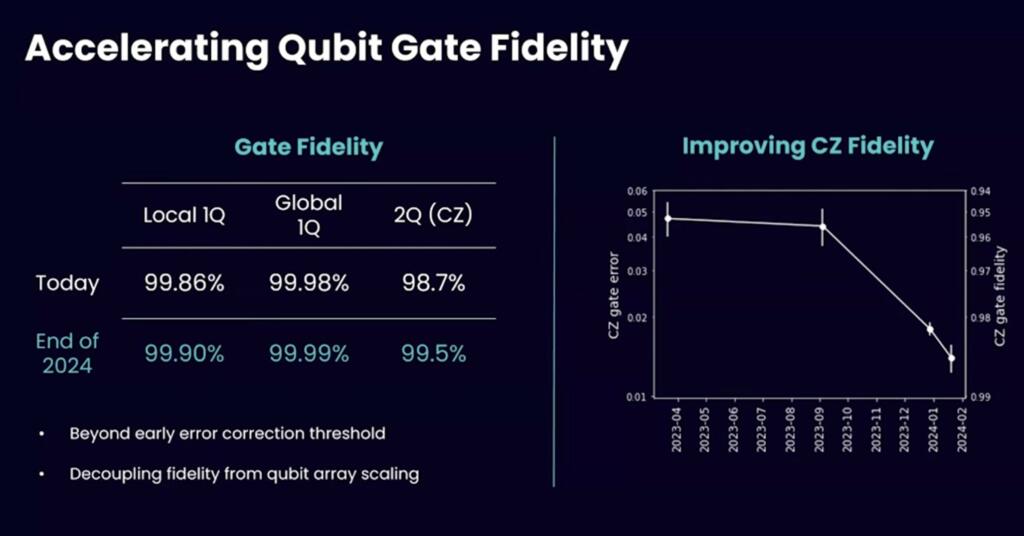









Brian Wang is a Futurist Thought Leader and a popular Science blogger with 1 million readers per month. His blog Nextbigfuture.com is ranked #1 Science News Blog. It covers many disruptive technology and trends including Space, Robotics, Artificial Intelligence, Medicine, Anti-aging Biotechnology, and Nanotechnology.
Known for identifying cutting edge technologies, he is currently a Co-Founder of a startup and fundraiser for high potential early-stage companies. He is the Head of Research for Allocations for deep technology investments and an Angel Investor at Space Angels.
A frequent speaker at corporations, he has been a TEDx speaker, a Singularity University speaker and guest at numerous interviews for radio and podcasts. He is open to public speaking and advising engagements.

